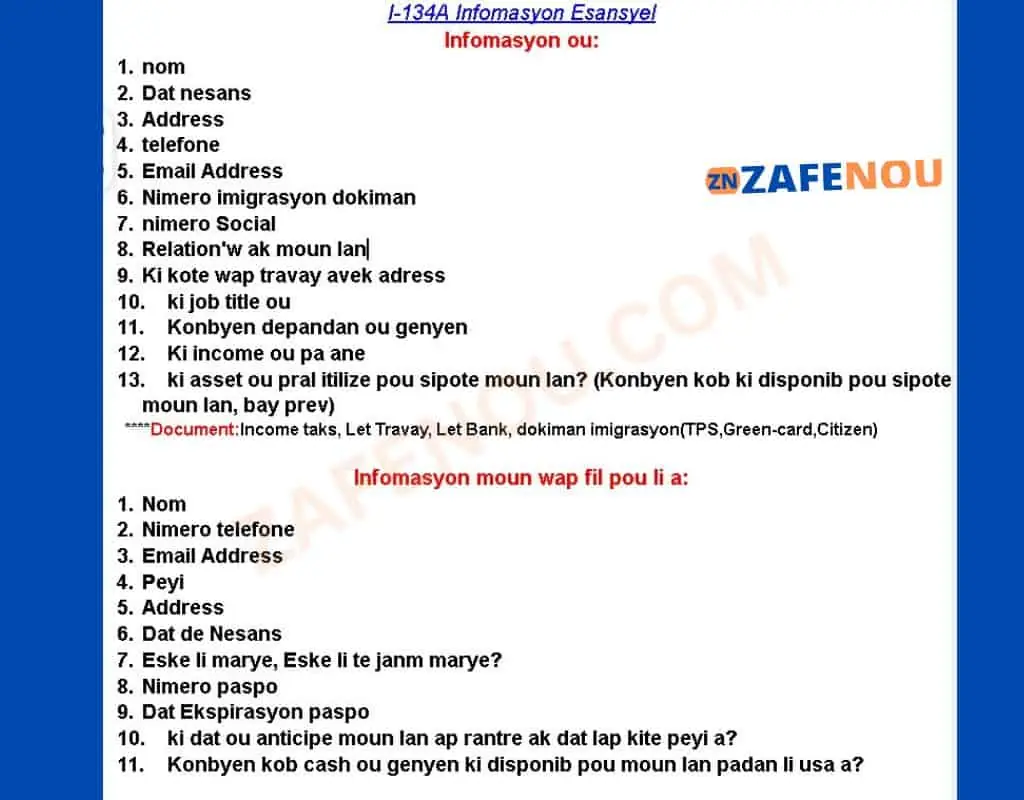Steeped in a rich history and enveloped in a distinct Haitian culture, Haitian literature stands tall as a vibrant beacon of creativity and resistance.
From Port-au-Prince to the diaspora, Haitian authors have shaped narratives, carving a niche of their own in the wider global literary field.
A Brief History of Haitian Literature
The Emergence of Haitian Literature in the Nineteenth Century
In the wake of the Haitian Revolution in 1804, Haitian literature began to take root, evolving over time under the influence of various political and social dynamics. Haitian writers struck a chord with their steadfast celebration of the Haitian spirit, a recurring theme perceptible even today.
The Evolution of the Twentieth Century
By the twentieth century, Haitian literature had experienced various shifts, with Haitian intellectuals and creatives confronting the American occupation of 1915, the Duvalier regime, and the subsequent socio-political turmoil in their works.
Remarkable Haitian Authors and Their Contributions

The Impact of Jacques Roumain and ‘Masters of the Dew’
Jacques Roumain, apart from being an influential writer, also founded the Haitian Communist Party. His novel, ‘Masters of the Dew,’ stands as an enduring beacon in Haitian literature, showcasing the strength and spirit of rural Haitians.
General Sun, My Brother’ by Jacques Stephen Alexis
The novel ‘General Sun, My Brother’ by Jacques Stephen Alexis is a stunning exploration of the massacre of Haitian cane workers in the Dominican Republic. Alexis’s portrayal of these events reflects the overarching strain of resistance found in Haitian literary works.
Edwidge Danticat: From ‘Farming of Bones’ to a Voice of Diaspora

Edwidge Danticat, an acclaimed Haitian novelist, magnified the Diaspora’s voice with her novel ‘Farming of Bones.’ Danticat connected the experiences of many Haitians beyond their borders, reflecting the nuances of the Haitian diaspora in her literature.
Haitian Literature in the Diaspora
Dany Laferrière and the Depiction of the Haitian Diaspora
Through the eloquent works of Dany Laferrière, the Haitian diaspora came to life. His novels shed light on the stories of Haitians dispersed across various corners of the globe, weaving poignant tales that resonated with Haitian readers worldwide.
Ida Faubert: A Link Between Haiti and the Diaspora
Ida Faubert, another Haitian author, bestowed a fresh perspective on the diaspora, encapsulating the on-going dialogue between Haitians at home and those living abroad. This dialogue became an essential part of what we perceive as Haitian literature today.
The Unmistakable Influence of Creole in Haitian Literature
The Role of Haitian Creole in Emancipating Haitian Literature
Haitian Creole, as more than just a language, has played an essential role in shaping Haitian literature. It gave voice to the many Haitians who found French inaccessible, empowering them to express their experiences, culture, and genre.

René Depestre’s ‘Hadriana in all my Dreams’ and the Creole Influence
The venerated novel ‘Hadriana in All My Dreams’ by René Depestre is a fine example of Creole’s influence in Haitian literature. By incorporating Creole dialogue and socio-cultural nuances, the narrative champions Creole as an integral part of the Haitian literary landscape.
Contemporary Haitian Literature and Social Themes
Évelyne Trouillot and a Modern Take on Haitian Society
Évelyne Trouillot, a modern pioneer of Haitian literature, offers a fresh, contemporary outlook on Haitian society. Her writings encapsulate the struggles, triumphs, and histories of ordinary Haitians, solidifying their place in the wider scope of literary discourse.
Marie Vieux-Chauvet and the Feminist Voice in Haitian Literature
The work of Marie Vieux-Chauvet amplified the feminist voice in Haitian literature. Her portrayal of strong, resilient Haitian women not only challenged gender norms but laid the foundation for future feminist discourse in Haitian literary circles.
Comparative Study: Haitian Literature and African American Literature
Similarities and Differences: Haitian vs. African American Literary Themes
Haitian literature and African American literature, though originating from distinct historical and cultural contexts, share themes of resistance, identity, and diaspora.
Concurrently, differences present themselves in their language use, with Haitian literature embracing Creole and African American literature predominantly in English.
African American Influence on Haitian Literature: An Examination
African American literature holds a significant impact on Haitian literary forms and themes, reflecting shared experiences of diaspora, struggle, and resilience, thereby enriching the global discourse on literary diversity.
Final thoughts
The Future of Haitian Literature
As we forge ahead, Haitian literature promises to continue its legacy of resilience and resistance, reflecting the vibrant tapestry of Haitian culture and the collective memory of a resilient people.
From poetry to novels, from memoirs to essays, Haitian writers have consistently utilized their pens as powerful tools to confront and condemn colonialism, dictatorship, poverty, and social injustice. They have been crucial in documenting the nation’s tumultuous history and preserving its vibrant cultures and traditions.

One prominent voice in Haitian literature is the poet and essayist Jacques Roumain, whose work often dealt with themes of struggle and social justice. His most renowned piece, “Masters of the Dew,” captures the spirit of unity and cooperation among rural Haitians.
Another notable author is Edwidge Danticat, whose books, like ‘Breath, Eyes, Memory’ and ‘The Dew Breaker’, delve into the Haitian-American experience and the generational trauma inflicted by the Duvalier dictatorship.
Haiti has also produced some acclaimed Francophone authors, such as Frankétienne, who is considered one of the leading figures of the Negritude movement. René Depestre, on the other hand, is known for his magical realist style, which he employed in his novel “The Festival of the Greasy Pole.”

Placing emphasis on resilience and resistance has always been a core tenet in Haitian literature, be it in the face of political turmoil, social strife, or natural disasters. This vibrant literary tradition seeks to uphold the cultural identity, the collective memory, and the willpower of the Haitian people.
Whether it’s through reflecting on historic events or exploring themes of diasporic identity, writers continue to underscore these concepts.
As we move forward, the future of Haitian literature seems bright and promising.
With a growing number of young writers contributing fresh perspectives and individual experiences to the broader canon, Haitian literature will continue to illuminate the strength and resilience of a people who have endured adversity yet never failed to resist.
It remains a testament to a spirit unbroken, an identity undiminished, and a culture unfiltered. This, ultimately, is the enduring legacy of Haitian literature and its indomitable spirit.

How Haitian Literature Contributes to the World Canon
Haitian literature enriches the world canon with its unique perspectives. Its powerful narratives offer authentic insights into Haitian society and history while also shedding light on the universal themes of resistance, identity, and diaspora.
This essential contribution paints a more diverse and inclusive picture of the global literary landscape, truly living up to the adage that literature holds a mirror to society.



